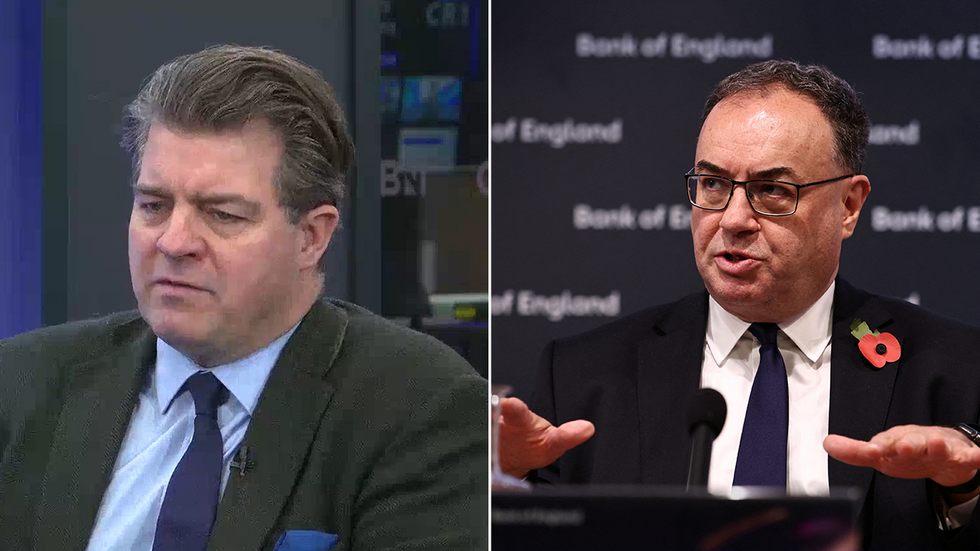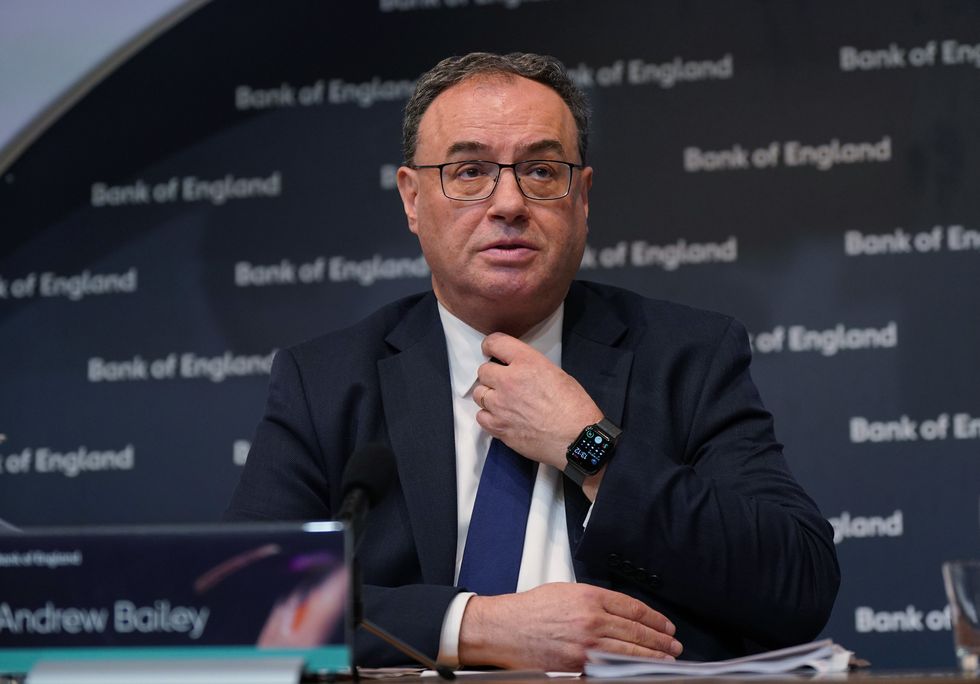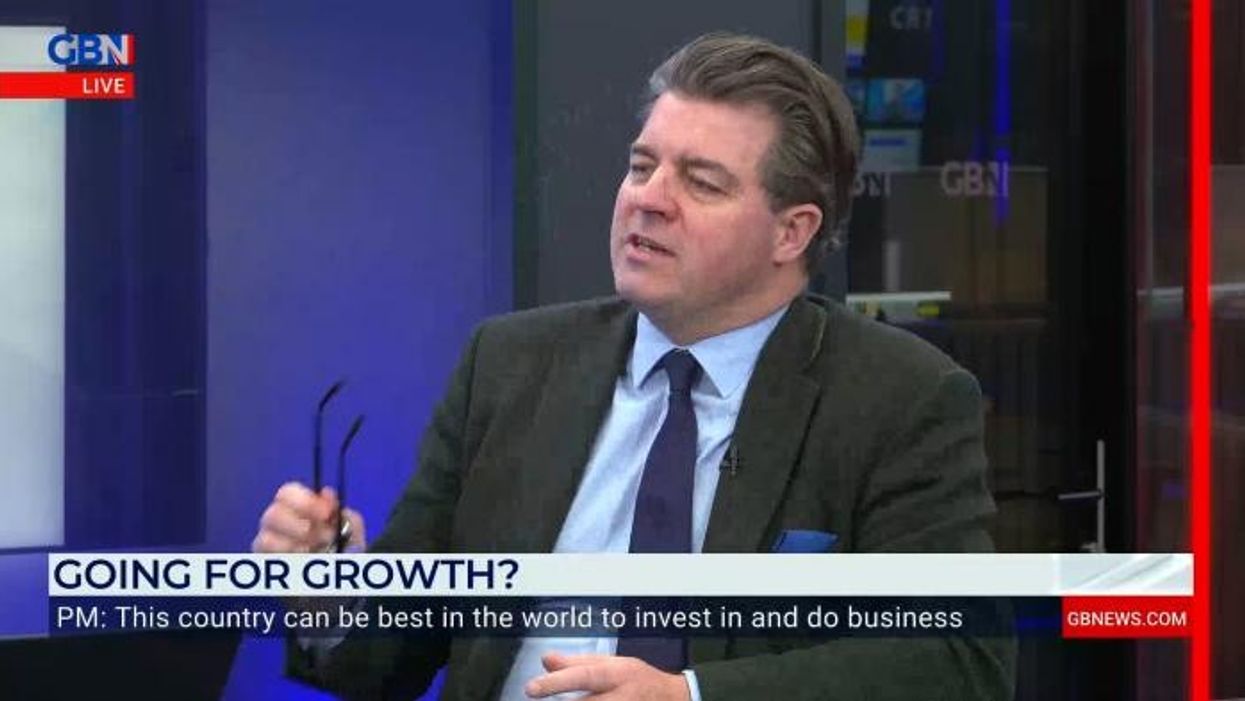Andrew Bailey labelled British growth as the 'worst I’ve ever seen'
Don't Miss
Most Read
Trending on GB News
Liam Halligan has questioned the Bank of England Governor’s “odd” decision to play down Britain’s future prospects.
Andrew Bailey labelled British growth as the “worst I’ve ever seen” as he gave an insight into how he feels the economy will play out.
He told The Chronicle in Newcastle he is “concerned” at a lack of supply, saying it has “slowed” in Britain.
GB News Business and Economics Editor Liam Halligan said the banking boss is “taking doom and gloom to new levels” with his bleak forecast.

Liam Halligan has criticised Andrew Bailey
GB NEWS / REUTERS
“The Bank of England for most of last year was predicting a recession in the UK and they were almost an outlier in that”, he said.
“It didn’t happen. And no acknowledgment that it didn’t happen. No sort of apology.
LATEST DEVELOPMENTS
“They’ve cranked up the doomometer again. It’s a bit weird really because we’ve already had 14 successive interest rate rises from the Bank of England.
“The Bank of England doesn’t want to encourage inflation and inflation is still pretty high at 4.6 per cent, well over double the bank’s two per cent target.
“You do get the sense that the economy needs to grow.
“Why would you use your position as the central banker of one of the world’s leading central banks, basically to tell the world on the day of a massive investment summit that the economy you’re trying to regulate is in the doldrums?
 Andrew BaileyPA
Andrew BaileyPA“I don’t get it.”
GB News presenter Martin Daubney concurred with the statement, questioning whether Bailey is intent on reaping the benefits of Brexit.
“It’s like Project Fear all over again”, he commented.
Speaking on the future of interest rates, Bailey said it remains “unlikely” they will be cut for the foreseeable future.
He added it would be “hard work” to cut inflation.
The Governor has faced criticism over soaring interest rates which have risen to a 15-year high.
He said: “I’m very conscious of the position of the less well-off.
“But we do have to get it down to two per cent and that’s why I have pushed back of late against assumptions that we’re talking about cutting interest rates or we will be cutting interest in anything like the foreseeable future because it’s too soon to have that discussion.”










